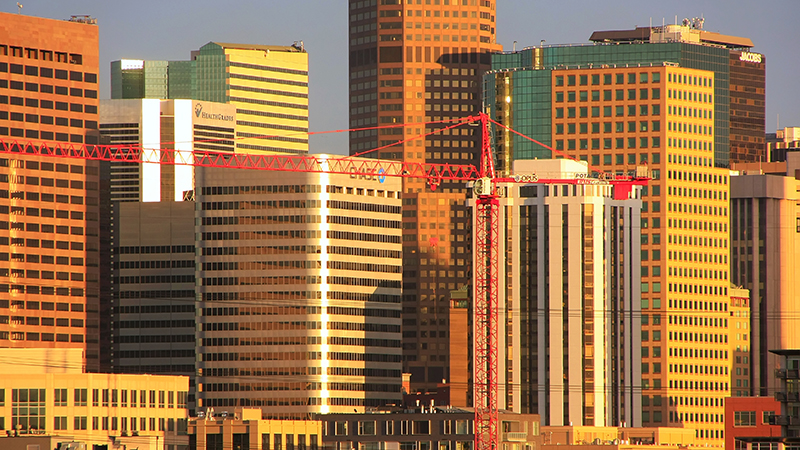
Denver’s boom hasn’t benefited everyone equally. Image via DepositPhotos
Denver’s boom hasn’t benefited everyone equally. Image via DepositPhotos
Denver’s reputation got a boost earlier this year when U.S. News and World Report named it the best place to live among metropolitan areas across the country.
But on other measures, our city doesn’t do so well.
The National Urban League on Tuesday released its annual State of Black America report, which assesses metropolitan areas for things like income inequality and unemployment rates by race. The New York-based civil rights organization provides its yearly snapshot of racial inequality across the country as part of an effort to advocate for policy change.
The Denver-Aurora-Lakewood area ranks in the bottom half of U.S. metro areas for the size of the gap between white and Hispanic unemployment rates and income.
The average Hispanic household in Denver makes about 63 cents for every dollar brought in by a white household. That’s an improvement over last year, when Hispanic families made 60 cents on the dollar. But it still ranks Denver at 43 among 72 metro areas that were evaluated.
Denver as a whole has a significantly lower unemployment rate than the rest of the country. But the boom hasn’t benefited everyone equally. The metro area’s Latinos have an unemployment rate of 5.9 percent, according to the report, versus a white unemployment rate of 3.9 percent. Again, that’s improvement over a year earlier, as unemployment rates have dropped overall. Still, Denver here ranks 44 out of 72.
The report didn’t show Denver in the rankings for the gap between black and white income and unemployment measures.
The nation as a whole has a long way to go to meet its ideals of racial justice and equity, as the report makes clear. Across the country, the black unemployment rate has been consistently around twice the unemployment rate of whites—that’s been steady for the 40 years that the National Urban League has been keeping track. When it comes to measures like economics, health, education, social justice and civil engagement—all factors that affect the quality of life and longevity of Americans—blacks and Latinos consistently lag behind whites.
The National Urban League outlined a series of policy goals that it believes could help narrow this gap. They include universal early childhood education, a $15 minimum wage, a plan to fund urban infrastructure and financing minority- and women-owned businesses.
“There are too many neighborhoods locked out and left out, for whom this recovery has bypassed them,” said National Urban League President and CEO Marc Morial at the report launch on Tuesday.
He added, “My message to the next President is this: The disparities are real. The conditions are tough. The times demand real leadership.”